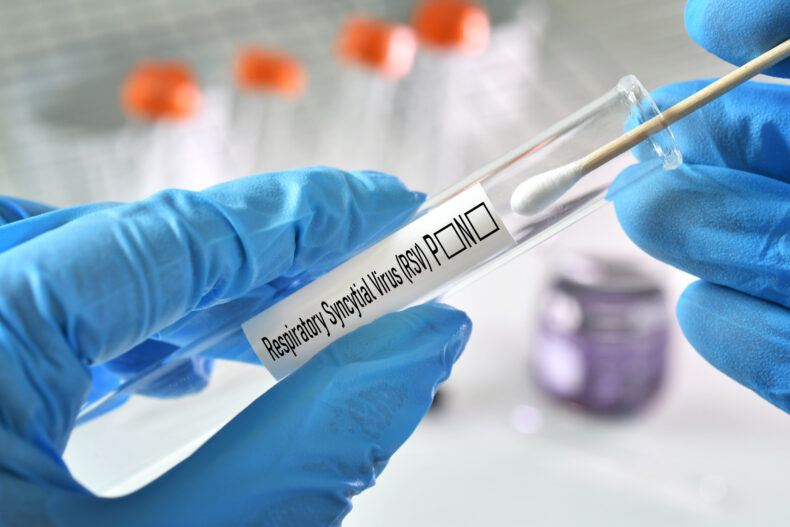
August 30, 2025
One shot of RSV vaccine effective against hospitalization in older adults for two seasons
RSV causes substantial seasonal illness during fall and winter in the U.S., with an estimated 100,000-150,000 hospitalizations and 4,000-8,000 deaths.
By Craig Boerner


